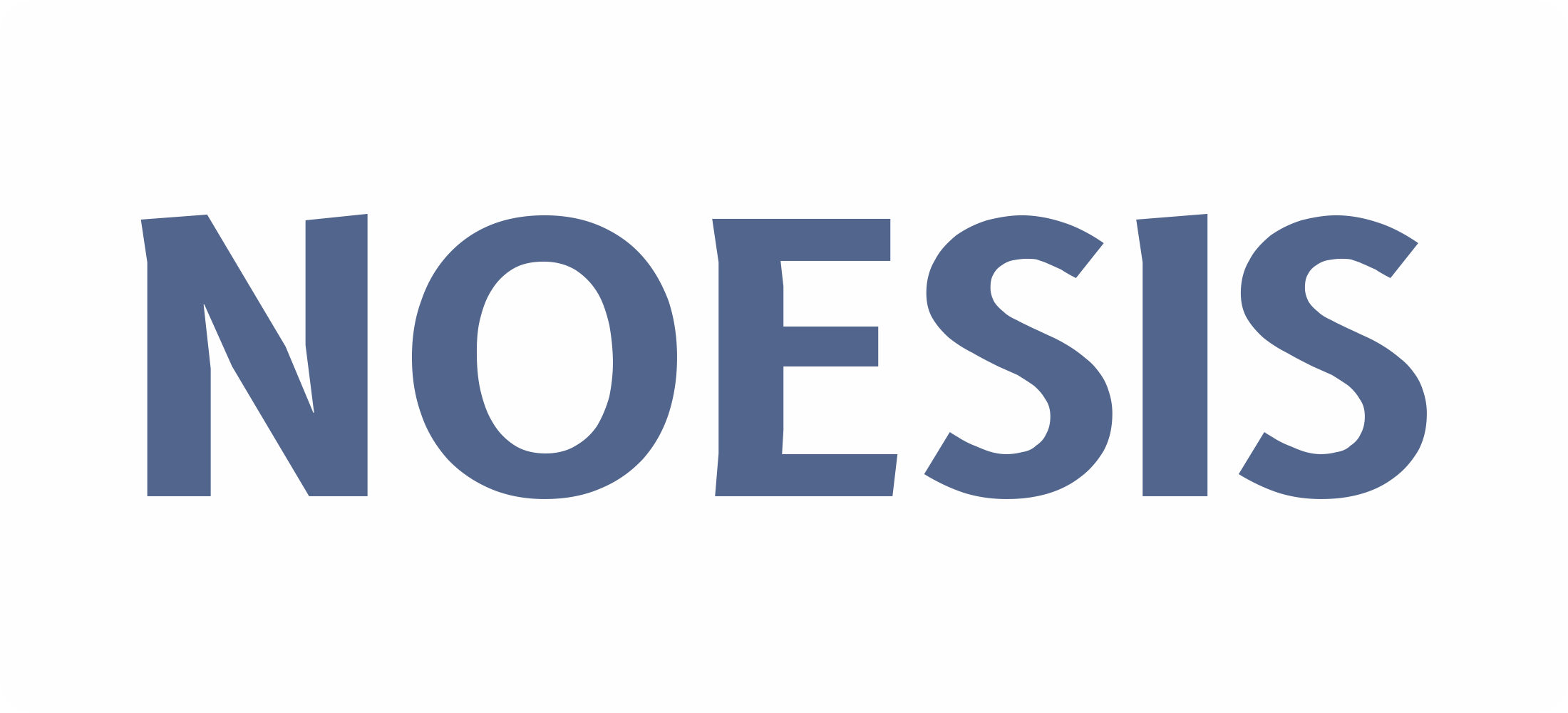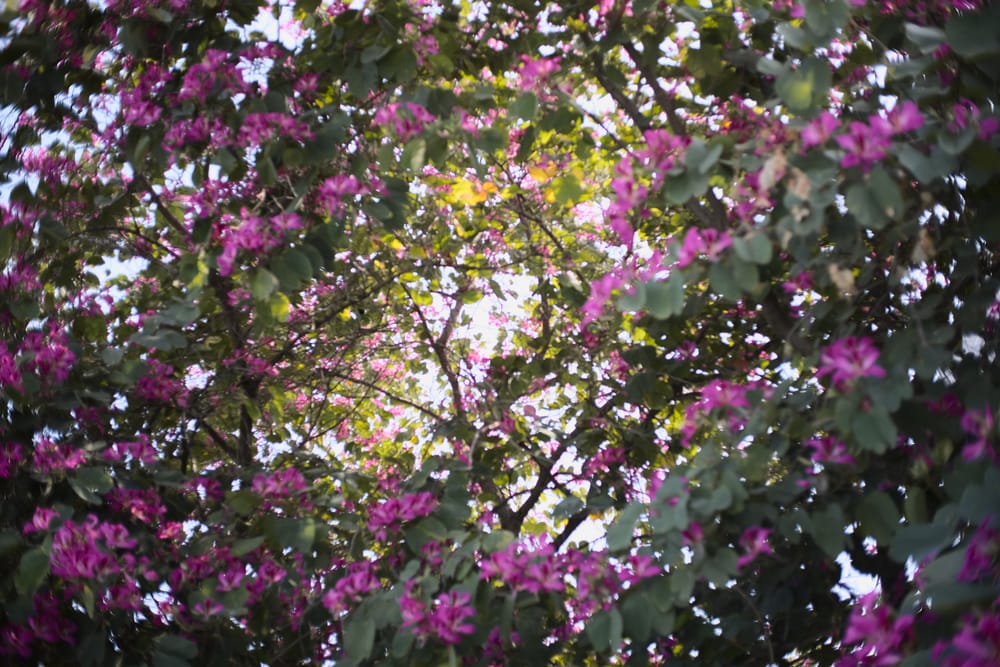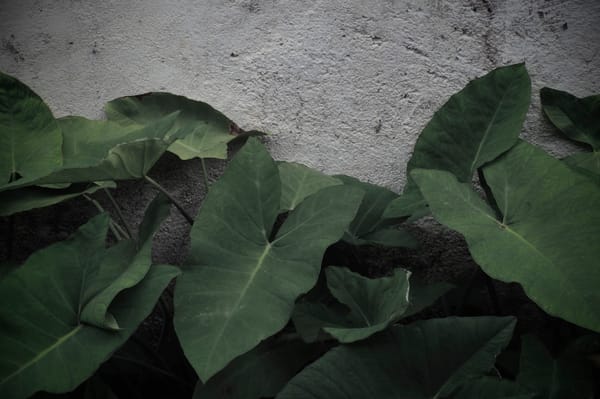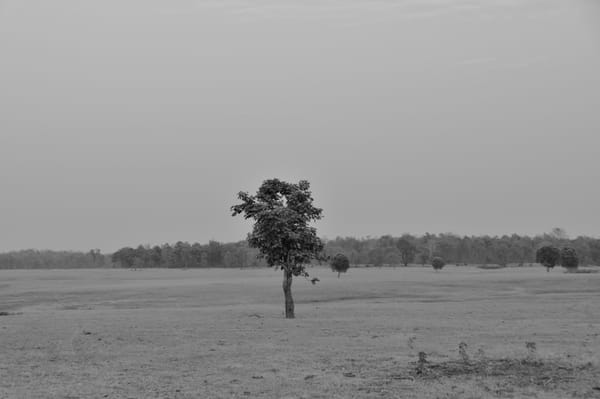On Growing Up with Guardians
My understanding of education primarily rests in exploring phenomenological experiences. What does it mean to reveal the experiential reality of children and adults? Pedagogy, the way I understand and explore it in the phenomenological sense, reveals this inner topology that I can view, if I am patient and listening.
Of the many heartbreaks that I have to endure as I see kids grow and come into their own, very few are as painful as the one caused by seeing parents bring suffering upon their kids, knowingly or otherwise. What burden of unfulfilled dreams have they given their children to bear? Sometimes in the name of a better self, sometimes a better future. But mostly, a well-cloaked collection of their own ressentiment.
“Children begin by loving their parents; as they grow older they judge them; sometimes they forgive them.”
― Oscar Wilde, The Picture of Dorian Gray
Can kids forgive their parents? Kids may eventually have the bigger heart. Of course, this may be a rarity. Who knows? Perhaps, parents spend as thankless an existence as educators and schools. But we must not resent that. This is the bane of my life as a teacher, as a seer of life unfolding before me. Life of kids growing up, parents falling down. I am powerless. A mute observer.
Another class of parents, I would refrain from using the word "guardians" as it would not fit the definition, are so concerned with the minutest detail of their child's life that the child has no space for herself. Reminds me of Baudelaire, who said, "In a palace, there is no space for intimacy".
Perpetual supervision. Constant oversight. A voyeuristic fetish of knowing, controlling, directing. The tentacles of this fetish enter in its most potent, and demonic, incarnation in the school. The one place where the child is free from parents. This urge to control takes on an even more perverted form as it sees school as the last territory that it hasn't occupied. Educators become adversaries. The school becomes an arena reduced from its earlier existence as a bazaar - monies from one side and services of outsourced rearing from the other. These transactions quickly turn into a theatre of conflict. A perpetual territory grab, the territory being the child's independent life. What has this come to? The unreflective nature of the child's supposed guardians perhaps stems from an instinctive response or understanding of the child as an item of ownership. What is this unsaid and explained burden that parents carry? I do not know what is the root of this great but decaying tree; a tree that will neither wither nor bloom. There is a peltophorum tree in my neighbourhood, perhaps many decades old. It is dead, but still stands. It will not let new shoots grow underneath because of the web of the dead branches above. What must one do?
Dearest Father,
You asked me recently why I told you I was afraid of you. As usual, I didn’t know what to say, partly because I’m afraid of you and partly because the grounds and constituents of this fear are far too numerous to keep track of while talking. And if I now try to give you an answer in writing, it will still be very incomplete, because even when I write, the fear and its effects hold me back – and because the magnitude of the matter goes far beyond the scope of my memory and understanding.
- from Kafka’s letter to his father.
And, I also know that a great many love their children. And I must take some hope from always knowing the infinite vastness of my ignorance.
In this great enterprise which we embark on, parents are equal, if not more, important. They have a bigger territory. The battle of Plassey is already lost by the school, but I am here, still. Now, till your land, but also let the forest grow.




